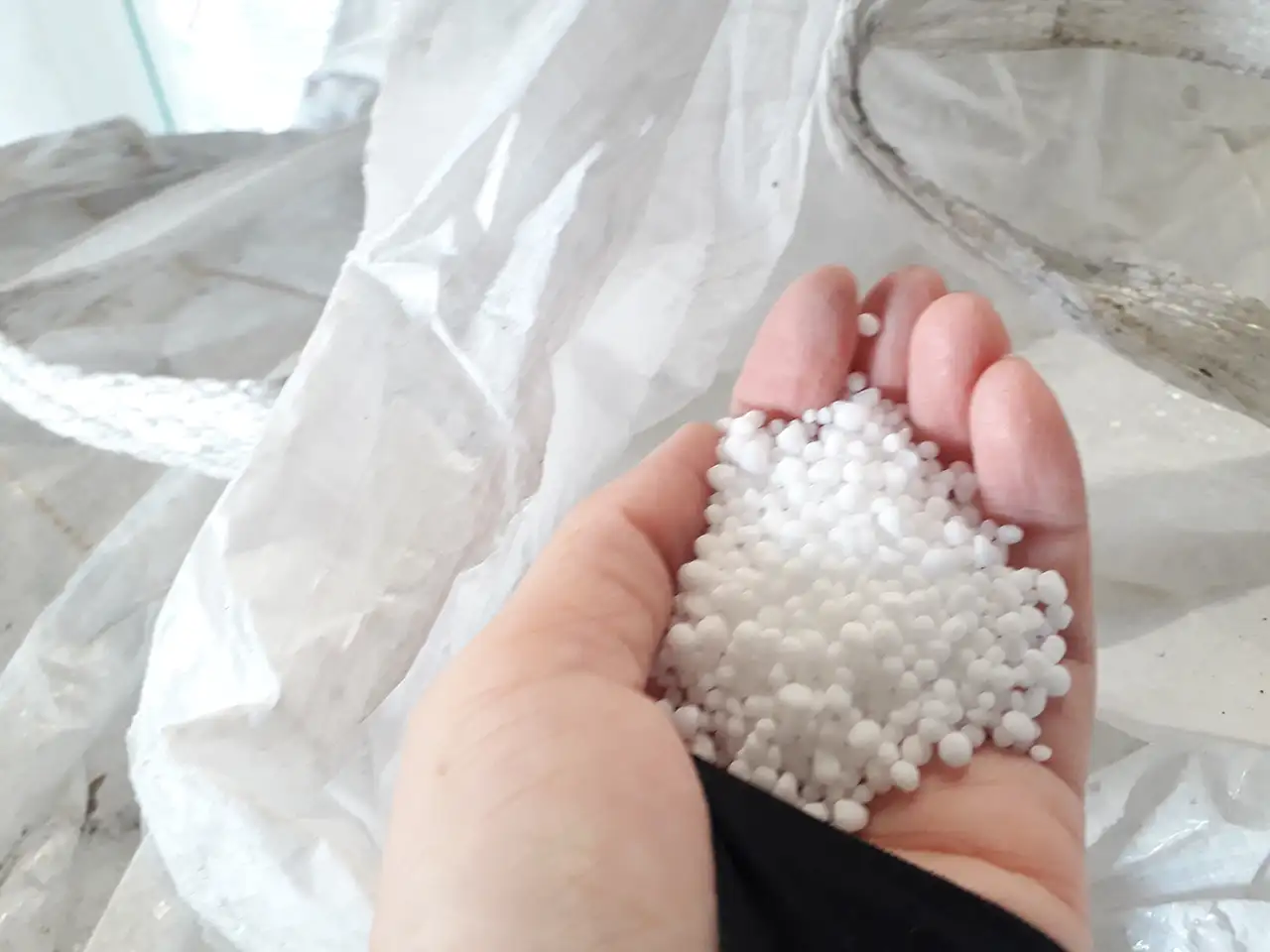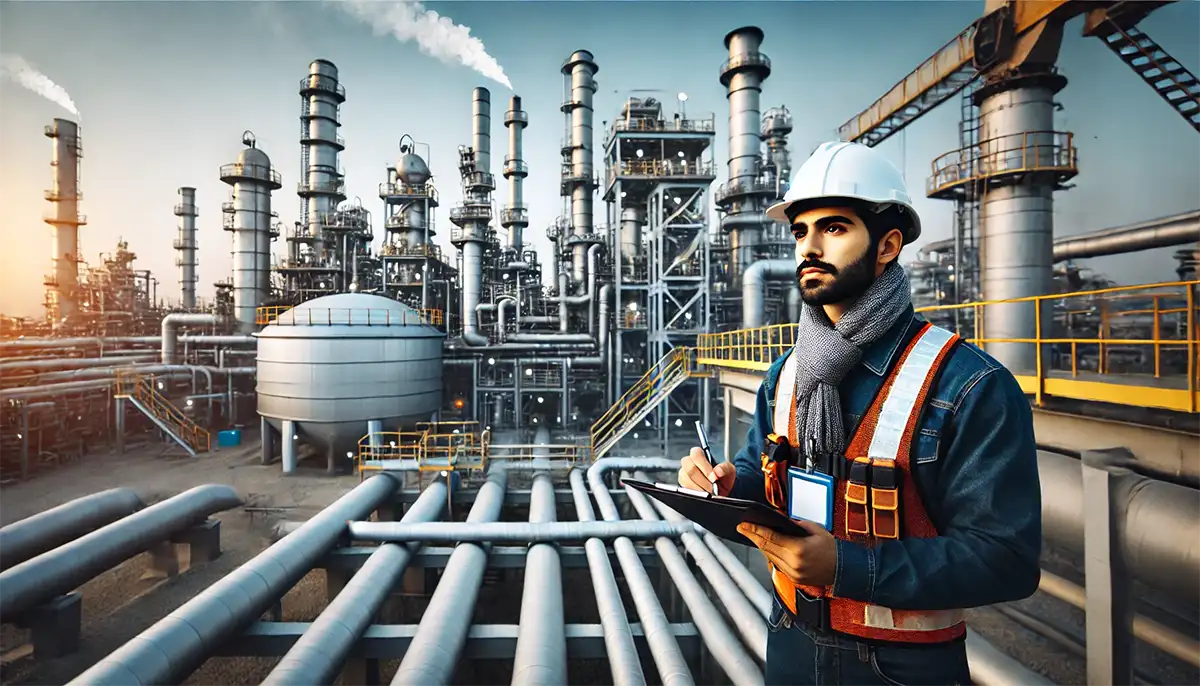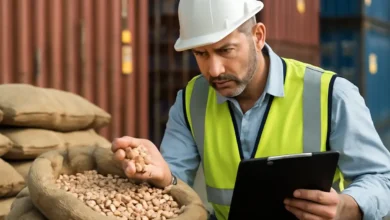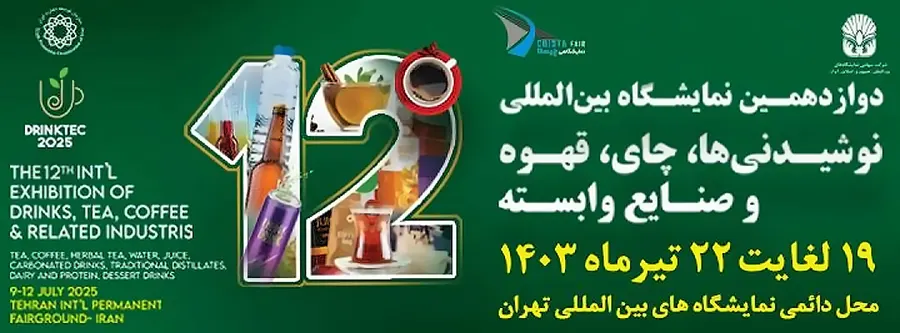Granular Urea Manufacturers in Iran: Price and Market Insights
Reliable Suppliers and Prices of Granular Urea in Iran

Introduction
Granular urea is an essential nitrogen fertilizer widely used in agriculture to boost crop yields and improve soil fertility. Its high nitrogen content and cost-effectiveness have made it a popular choice for farmers worldwide. In recent years, Iran has emerged as a key player in the global granular urea market, thanks to its abundant natural resources and advanced production facilities. Let’s go and see list of Granular Urea Manufacturers in Iran.
Iran’s granular urea manufacturers are well-known for producing high-quality products at competitive prices. The country’s access to large reserves of natural gas, a critical raw material in urea production, gives it a significant advantage in terms of pricing and supply. This has positioned Iran as an attractive source for both local farmers and international buyers seeking reliable and affordable fertilizers.
Understanding the granular urea manufacturers in Iran, price trends, and market dynamics is crucial for anyone looking to purchase or distribute this essential agricultural product. Whether you are a farmer, distributor, or investor, exploring Iran’s urea market can open up new opportunities in the global fertilizer trade.
1. Understanding Granular Urea
Granular urea is one of the most widely used nitrogen-based fertilizers in agriculture. It is a highly concentrated source of nitrogen, containing 46% nitrogen by weight, making it a cost-effective and efficient choice for farmers worldwide. The granulated form ensures better distribution in the soil and minimizes nitrogen loss, which is critical for achieving higher crop yields.
In Iran, granular urea plays a significant role in supporting the agricultural sector, which is vital for the country’s economy. Farmers rely on this fertilizer to enhance soil fertility and improve crop productivity. Its granular structure makes it particularly suitable for mechanized farming, where even spreading and controlled application are essential.
Iran’s manufacturers of granular urea focus on producing high-quality products that meet both domestic and international standards. They employ advanced production techniques to ensure the fertilizer’s purity, consistency, and effectiveness. This commitment to quality has positioned Iranian granular urea as a competitive option in the global market.
When considering granular urea manufacturers in Iran, price is a key factor for both local and international buyers. Iranian producers benefit from the country’s rich natural gas reserves, a primary raw material in urea production, enabling them to offer competitive pricing without compromising quality. This price advantage has made Iran a prominent supplier in the fertilizer market, attracting buyers from across the globe.
For those seeking granular urea at reasonable prices, understanding its composition, applications, and advantages is the first step to making informed purchasing decisions. Whether for local use or export, granular urea from Iran continues to be a reliable choice for farmers and agricultural distributors worldwide.
2. Granular Urea Production in Iran
Iran is one of the largest producers of granular urea globally, thanks to its abundant natural gas reserves, which serve as the primary raw material for urea production. The country has developed a robust petrochemical sector, enabling it to manufacture large volumes of granular urea that meet both domestic and international demand.
Key Granular Urea Manufacturers in Iran
Iran hosts several leading granular urea manufacturers, each playing a significant role in the country’s production capacity:
- Pardis Petrochemical Company: Located in Assaluyeh, Pardis (پتروشیمی پردیس) Petrochemical is one of the largest urea producers in the Middle East. With state-of-the-art facilities and a focus on sustainability, the company supplies high-quality granular urea to both local and export markets.
- Shiraz Petrochemical Company: Based in Shiraz, this company has a long history of producing various petrochemical products, including granular urea. Its commitment to quality and efficiency has made it a trusted name in the fertilizer industry.
- Kermanshah Petrochemical Company: Situated in western Iran, this company is known for its advanced production technologies and adherence to global standards. Kermanshah Petrochemical is a major supplier of granular urea to neighboring countries and beyond.
- Razi Petrochemical Company: Located in Mahshahr, Razi Petrochemical produces a wide range of fertilizers, including urea. Its strategic location near the Persian Gulf facilitates efficient export operations.
- Marvdasht Petrochemical Company: Operating under Shiraz Petrochemical, Marvdasht focuses on producing fertilizers that meet the needs of both local farmers and international buyers.
| Company | Nitrogen Content (%) | Biuret Content (%) | Granule Uniformity |
|---|---|---|---|
| Pardis Petrochemical Company | 46 | < 1 | High |
| Shiraz Petrochemical Company | 46 | < 1.5 | Medium |
| Kermanshah Petrochemical | 45.5 | < 1 | High |
| Razi Petrochemical Company | 46 | < 1 | High |
| Marvdasht Petrochemical | 46 | < 1.2 | Medium |
Production Capacity and Export Markets
Iran’s granular urea production capacity is significant, with millions of tons produced annually. A substantial portion is allocated for export, with key markets including India, Turkey, China, and African nations. Iranian urea manufacturers benefit from the country’s strategic geographic location, which allows for efficient distribution via sea, rail, and road networks.
Quality Assurance and Standards
Iranian producers are committed to maintaining high standards of quality, ensuring their granular urea meets the specifications required for effective agricultural use. The uniform granule size, high nitrogen content, and low biuret levels make it suitable for a wide range of crops. Many producers hold ISO and other international certifications, further solidifying Iran’s reputation as a reliable supplier.
When considering granular urea manufacturers in Iran, price advantages are another key factor. Competitive production costs, driven by access to low-cost natural gas and economies of scale, allow Iranian companies to offer attractive pricing without compromising on quality. Buyers looking for a reliable source of granular urea will find that Iran offers a combination of high production standards, competitive pricing, and a strong export infrastructure.
3. Market Dynamics in Iran
Iran’s granular urea market is shaped by its strategic position as a leading producer and exporter of fertilizers. With access to abundant natural gas and well-established petrochemical infrastructure, the country has carved out a significant share in the global fertilizer market.
Supply Chain Overview
The granular urea supply chain in Iran is well-integrated, from raw material procurement to production and distribution. Natural gas, the primary input for urea production, is sourced domestically, giving manufacturers a cost advantage. Most urea is produced in large-scale petrochemical complexes and then transported to domestic markets or exported through Iran’s extensive network of ports, railroads, and roads.

Domestic vs. Export Markets
While a portion of granular urea is consumed domestically to support Iran’s agriculture sector, a significant share is allocated for export. Major buyers include countries in Asia, such as India and China, as well as nations in the Middle East, Africa, and Europe. The balance between local consumption and exports helps maintain stable production levels and ensures competitive pricing.
Key Export Destinations
Iran’s proximity to major agricultural markets gives it a strategic advantage. Countries like India, which has a high demand for urea to support its farming industry, are among Iran’s primary export partners. Additionally, Iran exports to Turkey, Pakistan, and African nations, capitalizing on shorter delivery times and lower logistics costs compared to global competitors.
| India | 2,500,000 | 40% |
| Turkey | 1,200,000 | 19% |
| China | 900,000 | 15% |
| Pakistan | 800,000 | 13% |
| African Nations | 600,000 | 10% |
| Others | 300,000 | 3% |
Competitiveness in the Global Market
Iranian granular urea is highly competitive due to its combination of quality and pricing. The country’s low production costs, driven by subsidized natural gas, allow Iranian suppliers to offer prices that are often lower than those of other major producers. This has made Iran a preferred supplier for cost-conscious buyers in international markets.
4. Pricing Insights
Pricing is a critical factor for buyers considering granular urea manufacturers in Iran. The cost of urea in Iran is influenced by several factors, making it essential for buyers to understand the dynamics behind pricing.
Factors Influencing Prices
- Raw Material Costs: Natural gas, the primary input, is readily available in Iran at subsidized rates, keeping production costs low.
- Global Demand and Supply: International market trends, such as increased demand during planting seasons, can affect pricing.
- Export Costs: Transportation and shipping fees, along with international sanctions, may impact the final price for buyers.
- Government Policies: Subsidies and export regulations play a significant role in determining local and export prices.
Price Trends
Over the past few years, granular urea prices in Iran have remained competitive compared to global markets. This is due to the country’s ability to produce large volumes efficiently. Buyers often find Iranian urea to be a cost-effective choice, particularly when compared to suppliers from regions with higher raw material and energy costs.
Comparison with Global Prices
Iran’s urea prices are typically lower than those of competitors in the Middle East, Europe, and North America. This price advantage, combined with high-quality production, makes Iranian urea a sought-after product in global fertilizer markets.
Table: Granular Urea Prices from Major Iranian Producers (December 2024)
| Company | Price (USD/Metric Ton) | Notes |
|---|---|---|
| Pardis Petrochemical Company | $320 – $330 | Competitive pricing for bulk exports. |
| Shiraz Petrochemical Company | $325 – $335 | Slightly higher due to location logistics. |
| Kermanshah Petrochemical | $310 – $325 | Lower prices due to proximity to markets. |
| Razi Petrochemical Company | $315 – $330 | Stable pricing, focused on Asian markets. |
| Marvdasht Petrochemical | $325 – $340 | Premium quality for European exports. |
Practical Tips for Buyers
- Monitor Market Trends: Keep an eye on seasonal fluctuations and international market dynamics.
- Work with Trusted Suppliers: Partnering with established manufacturers such as Pardis Petrochemical or Shiraz Petrochemical ensures consistent quality and fair pricing.
- Negotiate Export Terms: Shipping and delivery terms can significantly impact final costs, so ensure clarity during negotiations.
For buyers looking to source high-quality granular urea at competitive rates, Iran offers a unique combination of affordability, reliability, and global accessibility. Whether for agricultural use or trade, Iran’s urea market remains a key destination for informed purchasers.
5. Challenges and Opportunities
Iran’s granular urea market is both promising and complex, shaped by various challenges and opportunities. Understanding these dynamics can help buyers and investors make informed decisions.
Challenges
- Economic Sanctions: International sanctions can complicate trade, particularly in financial transactions and logistics.
- Logistics and Transportation: While Iran has a robust export infrastructure, geopolitical tensions and regional instability may affect shipping routes.
- Environmental Concerns: Increasing global emphasis on sustainable practices puts pressure on producers to adopt greener production methods.
- Market Competition: Competing with other major producers like China and Russia requires continuous innovation and price competitiveness.
Opportunities
- Growing Global Demand: Rising agricultural needs, especially in Asia and Africa, create a steady demand for granular urea.
- Cost Advantages: Low production costs due to Iran’s natural gas resources position it as a cost-effective supplier.
- Expansion into New Markets: Iranian urea has potential to penetrate untapped markets in Latin America and Sub-Saharan Africa.
- Focus on Value-Added Products: Diversifying into specialized fertilizers or eco-friendly urea variants can open new revenue streams.
By addressing challenges and leveraging opportunities, Iran’s urea industry is well-positioned for growth, offering reliable and affordable options for global buyers.
6. Future Outlook
The future of Iran’s granular urea industry looks promising, driven by global agricultural demand and advancements in production technologies. As the world population grows and the need for sustainable food production intensifies, fertilizers like granular urea will play an even more crucial role in enhancing crop yields and ensuring food security.
Key Trends Shaping the Future
- Rising Global Demand: With increasing agricultural activities in Asia, Africa, and South America, the demand for high-quality urea is expected to grow significantly. Iran, as a cost-competitive producer, is well-positioned to meet this demand.
- Sustainability Initiatives: Global markets are increasingly prioritizing eco-friendly fertilizers. Iranian manufacturers have opportunities to innovate and produce low-carbon or enhanced-efficiency urea variants to stay competitive.
- Technological Advancements: Adoption of advanced technologies in production, such as catalytic and energy-efficient processes, can further enhance Iran’s production capabilities and reduce environmental impact.
- Geopolitical and Economic Shifts: Easing of sanctions or the establishment of new trade agreements could open up additional markets and reduce logistical challenges for Iranian exporters.
Challenges Ahead
To capitalize on these opportunities, Iranian manufacturers must address challenges such as modernizing infrastructure, meeting stricter environmental regulations, and diversifying their product offerings to cater to niche markets.
The Path Forward
By investing in research, adopting global best practices, and focusing on sustainability, Iran’s granular urea industry can secure a larger share of the global market and maintain its competitive edge.
7. How to Source Granular Urea from Iran
Sourcing granular urea from Iran requires careful planning and a thorough understanding of the market. Here’s a step-by-step guide to help buyers navigate the process:
1. Identify Reliable Suppliers
- Focus on established companies like Pardis, Shiraz, and Kermanshah Petrochemical.
- Verify their certifications and track record in international trade.
2. Assess Quality Standards
- Ensure the product meets international standards such as ISO and agricultural certifications.
- Request technical specifications and sample tests to confirm quality.
3. Understand Pricing and Terms
- Compare prices among suppliers to find the best deal.
- Negotiate payment terms, delivery schedules, and shipping conditions.
4. Navigate Export and Logistics
- Work with experienced freight forwarders to manage transportation.
- Familiarize yourself with customs regulations and potential sanctions-related issues.
5. Build Long-Term Relationships
- Establishing ongoing partnerships with reliable manufacturers ensures consistent supply and competitive pricing over time.
For buyers, Iran’s granular urea market offers numerous advantages, but due diligence is crucial for a successful transaction.
8. Conclusion
Iran’s position as a leading producer of granular urea is backed by its abundant natural gas reserves, advanced manufacturing capabilities, and competitive pricing. The country’s manufacturers, such as Pardis, Shiraz, and Kermanshah Petrochemical, continue to deliver high-quality products that meet global standards.
Despite challenges like sanctions and logistical hurdles, Iran’s granular urea market presents significant opportunities for growth and collaboration. Buyers can benefit from the cost advantages, reliable supply, and strategic geographic location of Iranian producers.
Whether you are a farmer looking to enhance crop yields or a distributor seeking a competitive edge, sourcing granular urea from Iran is a strategic choice. By leveraging the insights provided in this guide, you can make informed decisions and establish valuable partnerships in the global fertilizer trade.







